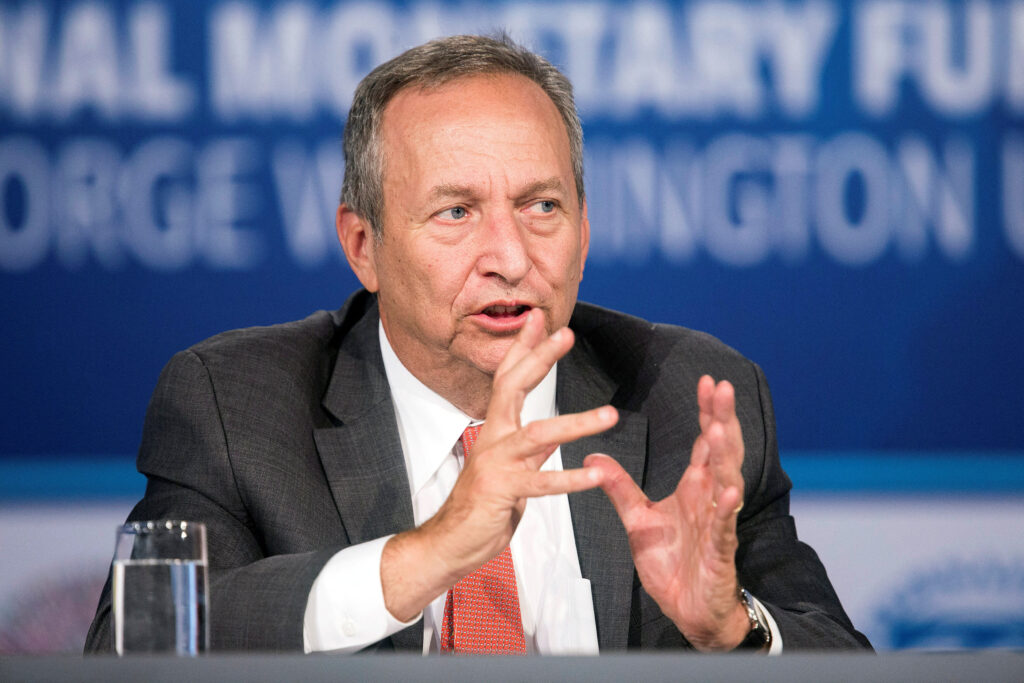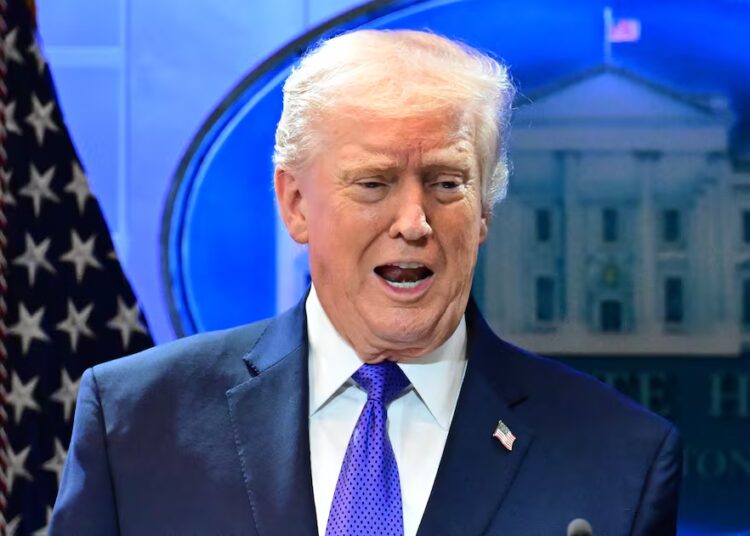Harvard University is launching an investigation of the relationship between its former president Larry Summers and convicted sex offender Jeffrey Epstein, after Congress released documents last week showing the men remained in close contact after Epstein pleaded guilty to solicitation of prostitution.
Harvard is reviewing information of people associated with the university — including Summers, its president from 2001-2006 — that were featured in the Epstein documents to “evaluate what actions may be warranted,” spokesperson Jason Newton said on Wednesday.
Summers, who also served as treasury secretary under President Bill Clinton, also said in a statement Wednesday that he has resigned from the board of ChatGPT’s maker OpenAI — one day after he announced that he would step back from his public commitments.
“I am grateful for the opportunity to have served, excited about the potential of the company and look forward to following their progress,” Summers said.
(The Washington Post has a content partnership with OpenAI.)
On Nov. 12, the House Oversight Committee released a trove of documents that included emails illuminating Epstein’s ties to a network of world leaders, business tycoons and American politicians from both parties — connections that continued long after Epstein pleaded guilty to charges of solicitation of prostitution and solicitation of prostitution with a minor in 2008.
The documents were released after months of intense interest from the public and politicians from both parties who pushed for the release of files related to Epstein, despite opposition from President Donald Trump and the White House. Trump’s name had appeared repeatedly in previous documents released from Epstein’s estate, but he has maintained that he had “no idea” about Epstein’s criminal behavior, and the documents have produced no evidence of wrongdoing by Trump.
The president has said that he knew Epstein socially in Palm Beach and that they had a falling-out in the mid-2000s.
The newly released files showed two years of communications between Summers and Epstein on myriad topics, including Summers’s romantic interests. At one point, Epstein appears to have coached Summers through how to attract a woman.
On Monday night, Summers, who holds a professorship at Harvard, expressed regret for his communications with Epstein.
“I am deeply ashamed of my actions and recognize the pain they have caused,” Summers said in a statement. “I take full responsibility for my misguided decision to continue communicating with Mr. Epstein. While continuing to fulfill my teaching obligations, I will be stepping back from public commitments as one part of my broader effort to rebuild trust and repair relationships with the people closest to me.”
Summers resigned as Harvard’s president in February 2006, in part after he ignited controversy during a speech in which he suggested that women were underrepresented in math and science due to “intrinsic aptitude.”
After the files were released, a series of boards and think tanks severed their relationships with Summers, including the Yale Budget Lab, the Peterson Institute for International Economics, the Hamilton Project at the Brookings Institution, the Center for Global Development and the Center for American Progress.
CAP, a left-leaning think tank, said in a statement that it had paused the launch of a working group focused on economic proposals, which Summers was supposed to help lead. For decades, Summers has been a key player on economic policy in Washington.
Rachel Siegel, Jacob Bogage and Maegan Vazquez contributed to this report.
The post Larry Summers leaves OpenAI as Harvard opens inquiry into his Epstein ties
appeared first on Washington Post.




